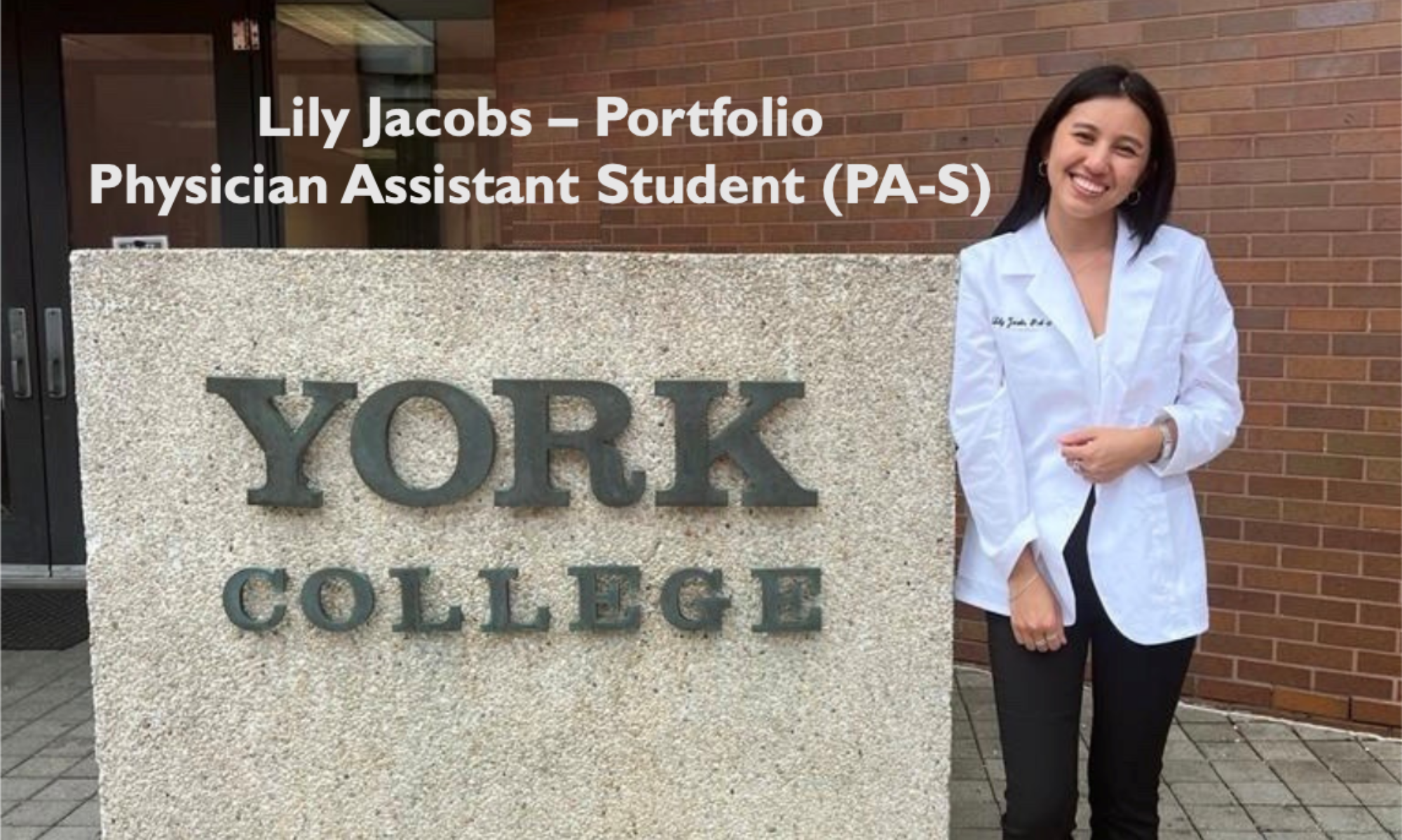Similar to my experience in Internal Medicine, my Family Medicine rotation further solidified my fundamental understanding of prevalent conditions like diabetes and hypertension, crucial knowledge for any healthcare professional. What distinguished this rotation to my internal medicine one was its outpatient focus, allowing me to actively engage in more routine care. One aspect I found particularly appealing was the different services provided at the office where I was stationed, including Spirometry, “brain checks” or cognition testing, and TM flow – offerings that were new and intriguing to me.
Continuity of care is essential to foster a consistent and trusting relationship between healthcare providers and patients and I got to see it in this practice. Throughout the five weeks, I witnessed patients returning for multiple visits to discuss lab results, follow up on high blood pressure, and adjust medications. At the beginning of the rotation I didn’t really understand why patient’s were coming in so often or why they were asked to come in for results that were normal, but now I can see the benefit it has on patients as it encouraged more engagement with them, facilitating more of a collaborative discussion on next steps and ensuring clearer comprehension of the information provided. The doctor was also knowledgable in holistic approaches to medicine and would teach people how to implement such approaches like meditation. There was one patient that suffered from extreme anxiety and depression and the doctor had not only performed a 5 minute meditation session with the patient in that moment but offered for the patient to follow up the next week after hours for a better teaching on how to properly meditate.
Many patients came into the office for referrals to various other services and if we didn’t have the notes from the specialty doctors, the doctor would often just call or text the specialty doctor to discuss the patient in that moment. One patient that was especially memorable to me because it not only emphasized the importance of communication between healthcare providers but the significance of the primary care physician and the trust patients have in them. The patient had come into the office to have his pre-op paperwork filled out for robotic colectomy. The doctor had received the initial colonoscopy results but had not received the pathology results, which had reported hyperplasia. The patient verbalized his upset over the lack of communication between the doctor and his GI doctor especially for something so serious, as he had wanted to discuss the results with his primary care doctor before scheduling the surgery as he trusted his opinion. Communication of results should be a priority as the the lack of it increases the risk of errors and improper care.
Though the office was small, they cleared a room for me to triage patients before the doctor came in. The doctor gave me adequate time to gather the HPI, make sure the patient was up to date on screenings and immunizations, and review the patients medications, previous lab work, and any recent diagnostic test results. I would then present to the doctor. I really appreciated this experience because it gave me a taste of what I would be doing in a couple of months from calling the patient into the room to the end of the patient’s visit. An area that I am a bit weaker in is my knowledge on medications and I felt that since I was going over so many medications, I really got to grow my knowledge and familiarize myself with common medications for diabetes, hyperlipidemia, hypertension, etc.
Overall it was a great rotation!


